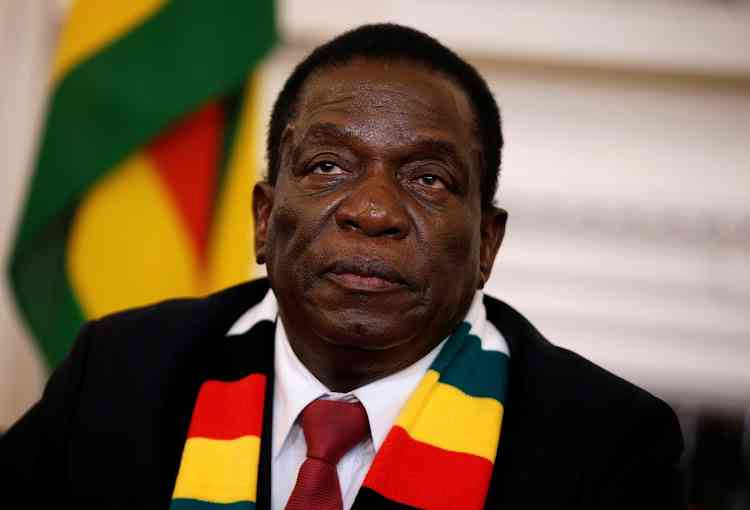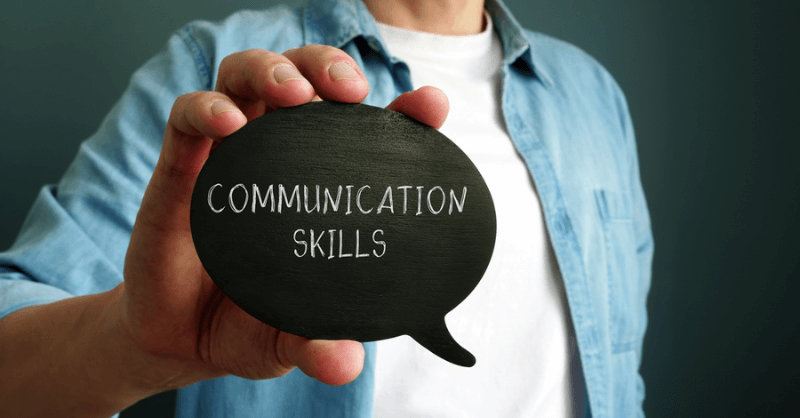
develop me :Tapiwa Gomo
ISSUES of race and discrimination are rearing their ugly head at a critical time in our history. They re-emerge when supremacism and protectionism are rife, when the world is confronted by the COVID-19 pandemic and shrinking economies with some plunging into depression. All these factors are converging to invoke identity consciousness in relation to racial equality. This realisation is brought to the fore by an invertible competition for dwindling opportunities.
Tackling racism is not as easy as defining it or advocacy efforts to address it. This is simply because its definitions are based on false classification of people by their complexion and not based on accurate biological or scientific facts. This is also because the real hidden racial distinction people make are basically political constructs — generated by people who allocate themselves power and superiority over others based purportedly on physical outlooks. The current concept of race as the world understands it today was established as a mode of classifying human beings with the purpose of giving power to white people and to legitimise their dominance over other races.
The first stage of racism is de-humanising other races. During the reformation era in the 16th and 17th centuries, the dominant question among Christian organisations was whether dark people such as Africans and Indians had a soul to qualify and classify them as humans.
This questioning did not arise out of scientific or biological inquiry but social prejudice which could not accept other races as human because they feared doing so would mean competition for power, space and opportunities.
History tells us the Catholics in America were among the first Christian organisations to admit that dark people had souls and but insisting that dark people were not yet equal to the white race, therefore, required domestication. It was, partly, religion that supplied the narratives that legitimised racism.
Words and phrases such as pagan, dark continent and others provided the justification for colonisation, external intervention and domestication — that later manifested into repentance — including the widespread social change and cultural reorientation global thrust aimed at making everyone behave like white people.
That combined with the rise of Industrial revolution which spawned colonisation in search of raw materials reinforced and maintained that racial hierarchy where white people are now seen as superior over other races without acknowledging the damage and impact their historical and current oppressive tendencies has on other races.
- Chamisa under fire over US$120K donation
- Mavhunga puts DeMbare into Chibuku quarterfinals
- Pension funds bet on Cabora Bassa oilfields
- Councils defy govt fire tender directive
Keep Reading
That hierarchy is now embedded, institutionalised and accepted in all global norms and practices that define today’s world. As long as the global economic status quo is accepted as given without analysing and exposing its hidden ills and how it has perpetually sustained racism, there is no amount of protest that will overturn the racial imbalances in the immediate future.
The current global economic structure is an outcome of historical abuse of other races; the inferior races provided labour to the structure that form stronger economies, their places of origin were looted and continue to be plundered to sustain these economies and the white superiority has made it impossible to question these. And yet at the end of the day we must all accept that we are all human and equal and that other races are poor because they are lazy, corrupt and unorganised without acknowledging the disruption that occurred in those centuries when dark people were treated as soulless.
In one of my previous instalments, I argued that equality is not donated — it is earned.
I also argued that expecting rich nations to help poor nations to develop to the same level is an impossible and delusional venture simply because it is not in the best interest of powerful nations to lose power and control over global affairs and resources. I also noted that the generosity by rich nations, while it is sometimes life-saving, is also oppressive as it inculcates submissiveness among the underdeveloped nations.
For as long as dark people cannot generate their own and bring something to the global table, it will take ages to achieve racial equality. There is no doubt that global protests raise awareness, but the real power to address race issues is locked in the means of production controlled by those who own them. Rules of economics do not allow free distribution of individually-owned capital and for those reasons the racial and economic status quo remains intact.
Based on these dynamics, one of the most effective ways for those classified as inferior is to build and establish their own economies. Economies are a source of national and racial power, control and pride. The United States and Europe’s biggest sources of headache today are China and Russia. This is simply because these countries built their economies and created their power which is now their pride and can no longer be bullied.
These two countries have voices at highest levels of global decision-making bodies. Their people too are no longer treated as soulless, second class or undomesticated. Africa and its African need to pursue this route. It is possible. China did it in less than three decades.











